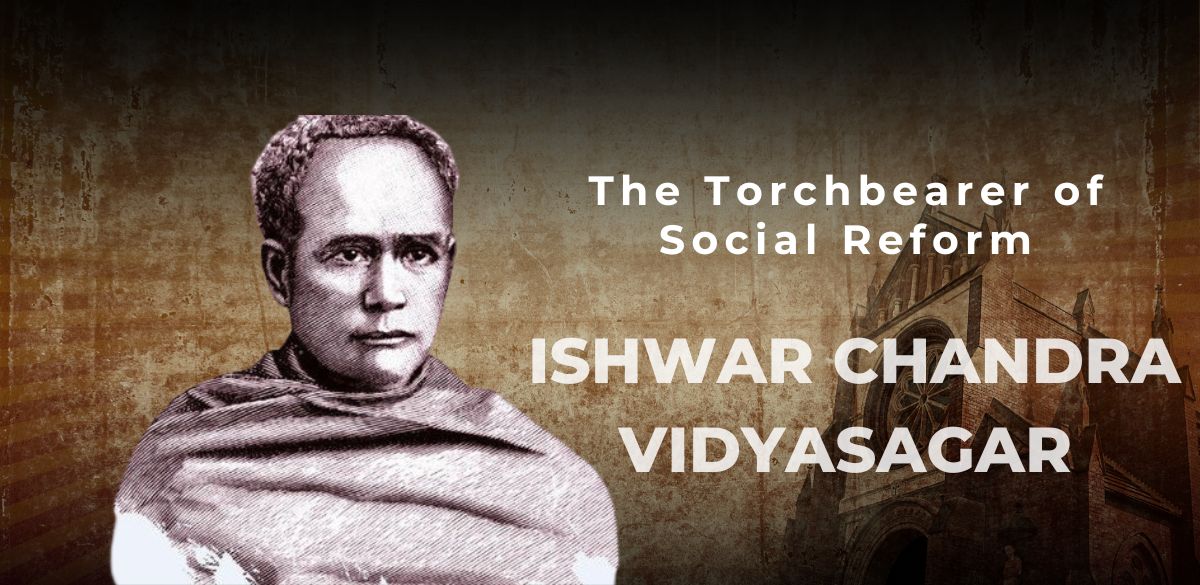Ishwar Chandra Vidyasagar was born on 26th September 1820 in Birsingha, West Bengal; the great scholar was known as the ‘sea of knowledge.’ His life is a tale of unparalleled brilliance in education and social reform in the 19th century, a time when Bengal was grappling with social evils like widowhood and child marriage. He achieved everything, from simplifying the Bangla language to demanding women’s rights; one can consider him among the most revered men of his time.
Vidyasagar’s childhood had a great feeling for knowledge; with his family’s financial loss at the time, he achieved high points in all his studies and scholarships and eventually attained prominence for his work on Sanskrit and philosophy. The Calcutta Sanskrit College conferred on him the title “Vidyasagar,” meaning “Ocean of Knowledge.” His insight into academics was just a forerunner to the outstanding achievements he was about to make as an educator and reformer.
His significant achievement was to press for the Hindu Widow Remarriage Act in 1856. During the great social evil of widowhood, Vidyasagar pleaded for the cause of the widow’s remarriage. He waged a war with the conservative forces of the day and finally, through the support of Lord Dalhousie, saw the passage of the Act that changed many lives of widows throughout India. The transformation was large-scale in a highly patriarchal society. Vidyasagar devoted his life entirely to the cause and got a place in India’s social reforms annals.
His reformatory work in another crucial area pertained to the fight against child marriage. Vidyasagar also proved instrumental in enacting the Age of Consent Act of 1891, which raised the minimum consummation of marriage for girls to 12 years. Though modest by today’s standards, at the time, it represented landmark legislation curtailing the exploitation of young girls in marriage.
A strong advocate of women’s education, Vidyasagar was also credited with founding Bethune School, which is considered one of the earliest institutions for women’s education in Bengal. Education alone, he believed, would rescue the women from the lifelong prison of society. His work as an educator also reached the broader Bengali population. He made the Bangla alphabet and prose easy, making it available to a much more significant section of the people and engendering an emergent culture of letters in Bengal.
Vidyasagar was indeed a multifaceted personality- a man of significant achievements, yet a lowly and selfless soul, placing the needs of others before his own. Towards the end, he went to the Santhal Parganas, where he began his philanthropic activities by setting up schools and a free homoeopathy clinic for the Indigenous tribal population. His profound comprehension of the oppressed and disadvantaged was persistent throughout his life.
He passed away on 29th July 1891. Ishwar Chandra Vidyasagar’s legacy continues to inspire generations. His perception and boldness in countering socialistic forces remain relevant to contemporary India, where his work continues to influence social reform and education.
Vidyasagar’s unwavering commitment to education and the cause of women’s rights became the building block for India’s successful reform. His work continues to impact the lives of Indians even today, shaping the country’s social and educational landscape.
The post Ishwar Chandra Vidyasagar: The Torchbearer of Social Reform appeared first on The Talented Indian.
